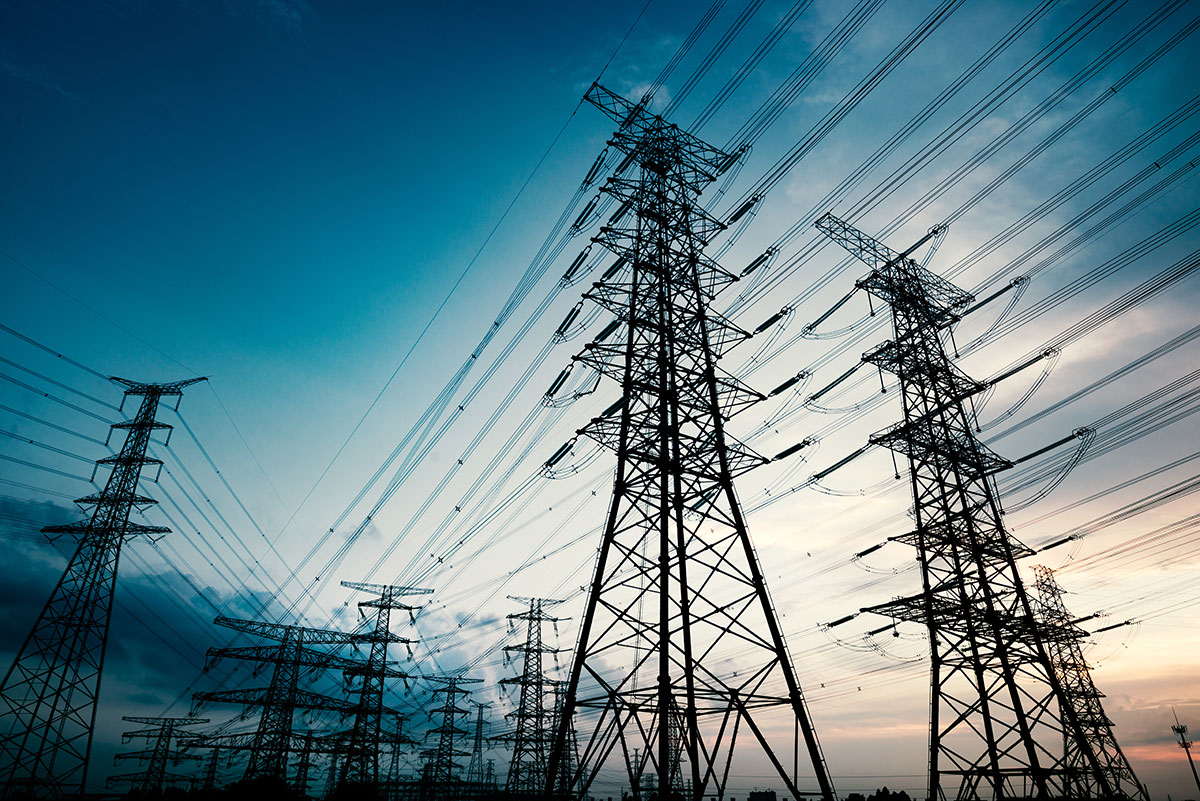Electrical maintenance is a critical aspect of ensuring the safety, reliability, and efficiency of electrical systems in residential, commercial, and industrial settings. This practice involves routine checks, repairs, and upgrades to electrical equipment and infrastructure to prevent failures and minimize downtime. Effective electrical maintenance helps in prolonging the life of electrical components, reducing the risk of electrical hazards, and ensuring optimal performance.
Importance of Electrical Maintenance
-
Safety: Regular electrical maintenance is vital for ensuring the safety of occupants and workers. Faulty wiring, damaged insulation, or malfunctioning components can pose serious risks such as electrical shocks, fires, or explosions. Regular inspections and timely repairs can identify and address potential hazards before they result in accidents.
-
Reliability: Consistent maintenance helps in keeping electrical systems running smoothly. Unplanned outages or failures can disrupt operations, particularly in industrial settings where continuous power supply is crucial. By proactively maintaining electrical systems, you can reduce the likelihood of unexpected breakdowns and ensure uninterrupted service.
-
Efficiency: Well-maintained electrical systems operate more efficiently, reducing energy waste and lowering utility bills. Issues such as loose connections, outdated components, or inefficient circuits can lead to increased energy consumption. Regular maintenance helps in optimizing the performance of electrical systems, resulting in energy savings and reduced operational costs.
Key Aspects of Electrical Maintenance
-
Routine Inspections: Regular inspections are essential to identify signs of wear and tear, potential faults, or compliance with safety standards. Inspections typically include checking wiring conditions, circuit breakers, grounding systems, and connections. This proactive approach helps in detecting issues before they escalate.
-
Preventive Maintenance: Preventive maintenance involves scheduled activities designed to prevent equipment failure and extend its lifespan. This includes tasks such as cleaning electrical panels, tightening connections, testing insulation resistance, and replacing worn-out components. Preventive maintenance minimizes the likelihood of equipment breakdowns and enhances system reliability.
-
Corrective Maintenance: Corrective maintenance is performed in response to equipment failure or malfunction. It involves diagnosing the issue, repairing or replacing faulty components, and restoring the system to its normal operating condition. Prompt corrective action is crucial to minimize downtime and prevent further damage.
-
Predictive Maintenance: Predictive maintenance uses data and advanced diagnostic tools to predict potential failures before they occur. Techniques such as thermal imaging, vibration analysis, and electrical testing are used to monitor the condition of electrical equipment. Predictive maintenance helps in scheduling repairs or replacements based on actual equipment condition, rather than relying on fixed schedules.
-
Compliance and Documentation: Adhering to electrical codes, standards, and regulations is essential for safety and legal compliance. Proper documentation of maintenance activities, inspections, and repairs is important for tracking the condition of electrical systems and providing evidence of compliance during audits or inspections.
Challenges and Considerations
-
Aging Infrastructure: Many electrical systems, especially in older buildings, may have outdated components or wiring that require upgrades. Addressing these issues can be challenging and may involve significant investment.
-
Technological Advancements: Advances in electrical technology may require updates to maintenance practices. Staying informed about new technologies and integrating them into maintenance strategies can improve efficiency and safety.
-
Skilled Workforce: Electrical maintenance requires skilled technicians with the necessary expertise and training. Ensuring that maintenance personnel are well-trained and up-to-date with industry standards is crucial for effective maintenance.
Conclusion
Electrical maintenance is a fundamental aspect of managing and operating electrical systems. By prioritizing safety, reliability, and efficiency through routine inspections, preventive and corrective maintenance, and adherence to standards, organizations and individuals can ensure the optimal performance of their electrical infrastructure. Effective maintenance practices not only protect people and property but also contribute to cost savings and operational efficiency.
